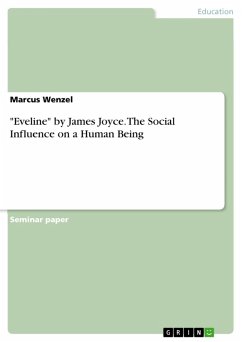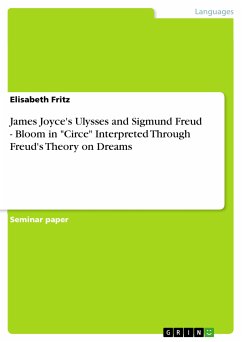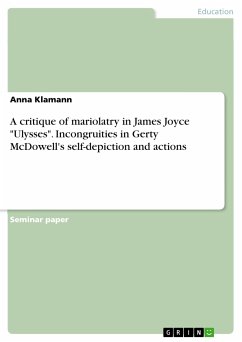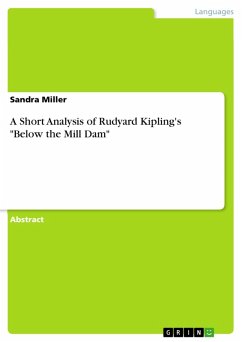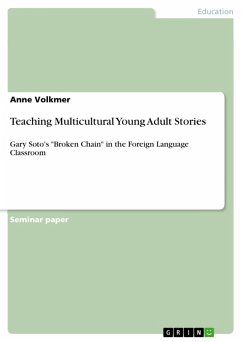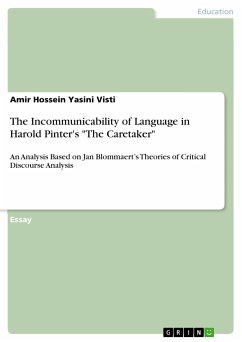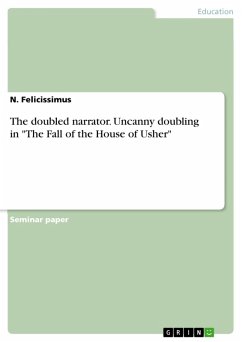Seminar paper from the year 2013 in the subject Didactics for the subject English - Literature, Works, grade: 1,3, University of Würzburg, language: English, abstract: We are predetermined. But do our genes really determinate us or are we able to actively influence our destiny? Maybe there is only progress in civilisation because of the interaction of genes and the active human being, or neither of them is of importance because our environment, which provides us all of our experiences, is the solely responsible for our fate? These questions become increasingly important in society. To answer them in a proper way is not only the task of parental education but becomes more and more important to teachers as well. We have to become aware of how influential our own actions are to others, especially to children, who are still in progress of defining their own personality. If we can comprehend to what our development depends on, we maybe can improve it actively, have a positive influence on the next generations and by that on the future of mankind. The theoretical approach to deal with the topic is named socialisation. I will apply this by analysing the character of Eveline in the eponymous short story of James Joyce¿s Dubliners. In the case of Eveline, the damage is done and I argue that she could not run from who she was either. Intensively discussed why Eveline could not leave from her invidious life, when she had the chance to, I claim that there has been no chance to her whether to leave or not. Her heteronomous character gave her no permission to run away from her home. For my argumentation I will take into consideration the theoretical approach of socialisation levels by Klaus-Jürgen Tillmann.
Dieser Download kann aus rechtlichen Gründen nur mit Rechnungsadresse in A, B, BG, CY, CZ, D, DK, EW, E, FIN, F, GR, HR, H, IRL, I, LT, L, LR, M, NL, PL, P, R, S, SLO, SK ausgeliefert werden.

